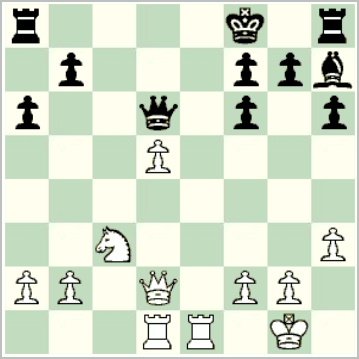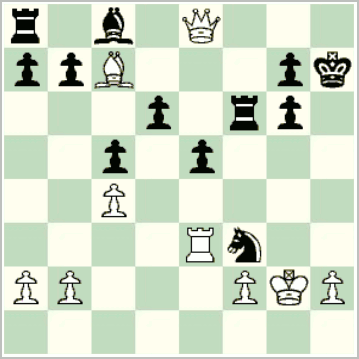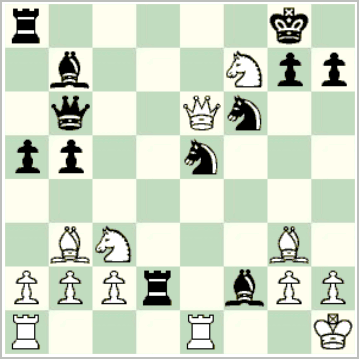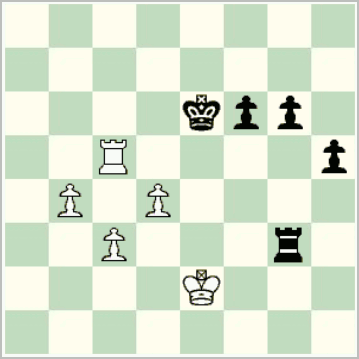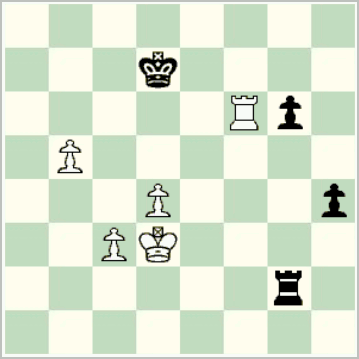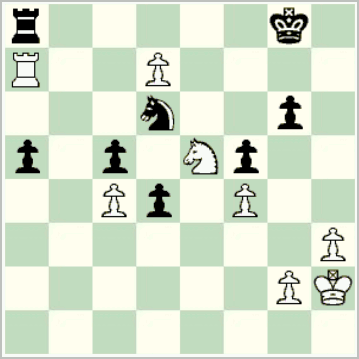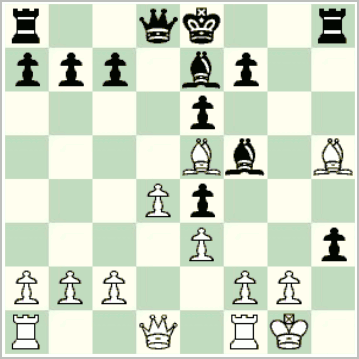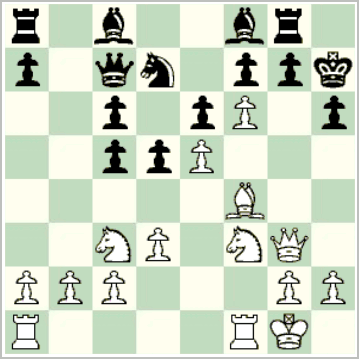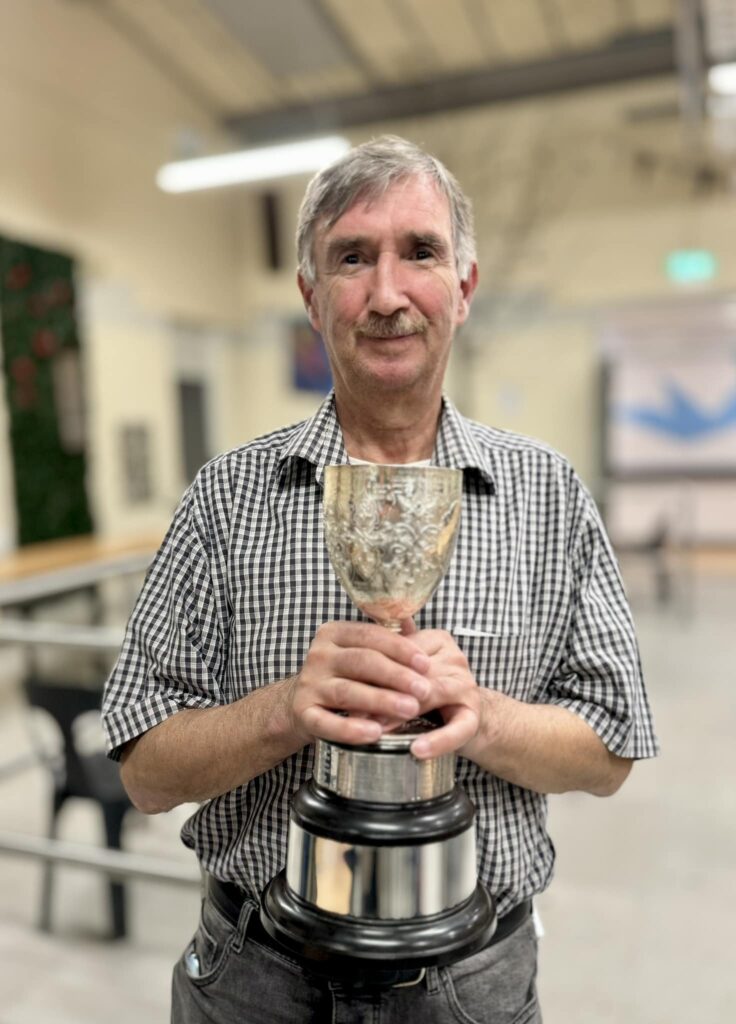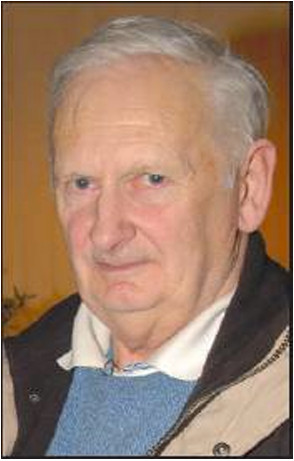The 1968 Irish championship, covered here recently, featured seven teenagers. Two of these were David Cox of Dublin C.C., and Oatlands College, Dublin (my own school), who finished equal 3rd-4th, and Tom Ireton of C.C.Y.M.S. and Sullivan’s Quay C.B.S., Cork, who finished equal 6th-10th.
Neither one had been selected for that year’s Glorney Cup team, but Cox played in the following two and Ireton the following three. Cox was Ireland’s representative in the 9th Niemeyer tournament, the precursor to the European Junior Championship, in 1970-71, and Ireton was Ireland’s representative in the first European Junior Championship the following year, 1971-72.
They met in the last round of the 3rd Wexford Congress Premier tournament in 1973, in a game that does not appear in the ICU games archive, and probably in any database, as of the date of this post.
Cox entered the FIDE rating list the following month at 2325, he is still rated 2300.
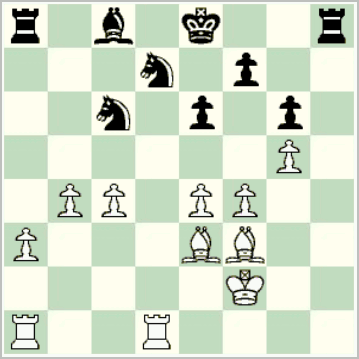
26… ?
Ireton sacrificed a knight on b5 for three pawns. After inaccuracies by both players, the diagrammed position was reached. Black would now be fine after 26… e5!, with only a small advantage for White. Instead after 26… Kd8? 27. e5!, he was lost.
After 27… Bb7, the most direct win was 28. b5 Na5 29. Bxb7 Nxb7 30. c5. Ireton instead chose 28. Rd6, and after 28… Kc7, followed up with the further inaccuracy 29. Rad1?, reaching the second diagrammed position; instead 29. b5 is probably still winning.
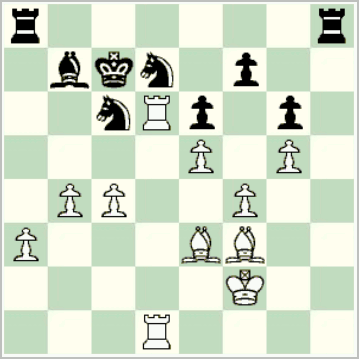
29… ?
Black now had an opportunity for a reprieve, which Cox missed. Can you do better? (See the playable game for analysis.)
After further twists and turns, Ireton won.
[Click to replay the full game.]
This six-player all-play-all resulted in a clear win for Tony Doyle. Ireton, who had drawn his other four games, overtook Cox with this win and finished in clear second place. Cox shared third with Michael Keeshan, followed by Pádraig Ó Briain and Art Coldrick.

